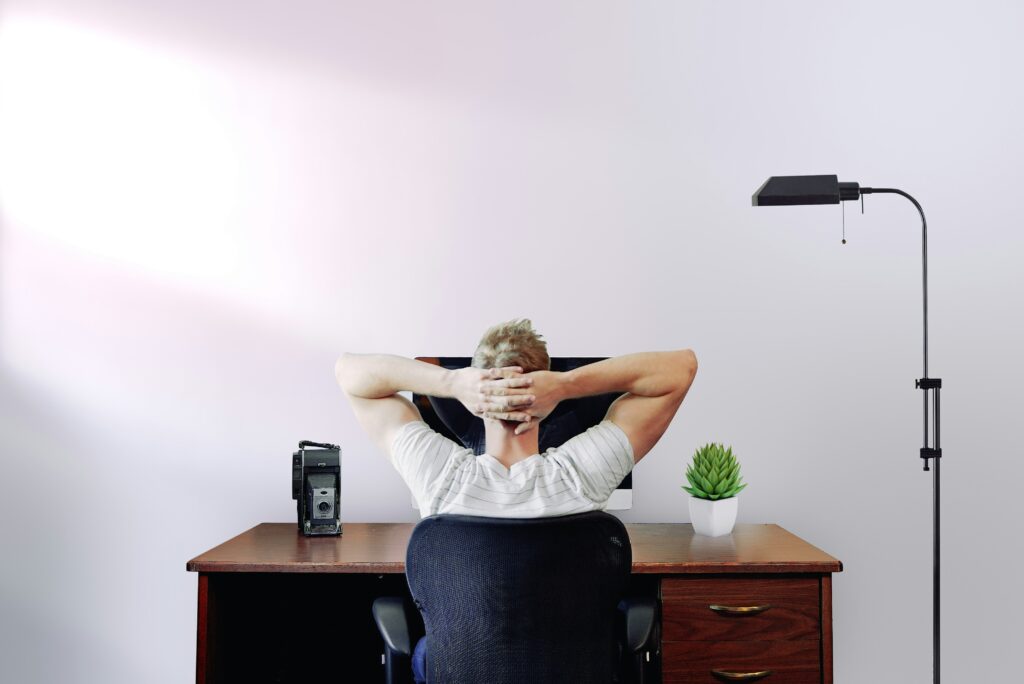
It is not unusual for medical learners—at all levels of the learning spectrum—to spend all their time studying, mostly reading and testing, without recalling what they learned, resulting in little retention. This is a mistake that you can easily rectify.
Two Ways to Make Reflection a Part of Your Daily Board Preparation
Make reflection a regular part of your daily study regimen by making it a habit to reflect on your learning as you study, especially:
(1) At the end of the day, ask yourself: What were the key things I learned? What went well? What challenges did I encounter? How can I improve my study tomorrow?
Take a few minutes to record a voice memo on your smart phone explaining key concepts or answering practice questions (especially ones you struggle with). Then, listen to these recordings while commuting, exercising, or doing other activities—essentially creating your own personalized audio study guide. This process forces you to articulate your knowledge and identify areas that need improvement.
(2) At the end of the week, solidify your learning and boost long-term memory by going beyond a simple skim. Dive deeper by revisiting key learning points, re-examining missed questions, and even those you guessed correctly. Analyze these questions to identify areas for improvement and solidify understanding. Most importantly, actively seek connections between the different topics you covered throughout the week. This process of weaving knowledge together strengthens your grasp of the material and unlocks its broader applications. Make this reflection and consolidation activity a consistent part of your weekly preparation; it’s an investment that will pay off in the long run!
Why Reflection Aids Learning and Retention
Many benefits result from reflection. In truth, reflection encourages a better learning experience because:
(1) it encourages learners to take charge of their learning; reflection invites them to become more engaged in their learning accomplishments and struggles;
(2) it builds stronger connections between learning experiences; reflective learning fosters learning-by-thinking, which can
help learners develop critical thinking skills and improve their future performance.
John Dewey, an American philosopher, psychologist, and educational reformer, was a highly influential figure in the field of education, particularly for his emphasis on learning by doing and experiential learning.
Dewey’s quote: “We do not learn from experience. We learn from reflecting on the experience” highlights the importance of reflecting on experiences to gain true learning. Just going through something isn’t enough. We need to take time to analyze, understand, and draw meaning from those experiences to solidify our learning and apply it to future situations.
Dewey believed this reflection was a crucial part of the learning process. By actively thinking about our experiences, we can identify patterns, solve problems, and develop new knowledge. This reflective approach is still a cornerstone of many educational philosophies today.
In his research, Chang (2019) found that reflection-in-learning is necessary for learners to revisit what they have learned for improvement and for in-depth learning. It gives students an opportunity to document their learning journey and provide references and suggestions for future student
Through reflection, learners become accomplished at recognizing that they are learning and building skills continuously” (Helyer, 2015, p. 23).
Make reflection a high priority in your board preparation to encourage a superior learning experience.
“No one is born with skill. It is developed through exercise, repetition, and a blend of learning and reflection that’s both painful and rewarding. And it takes time.”–Twyla Tharp
